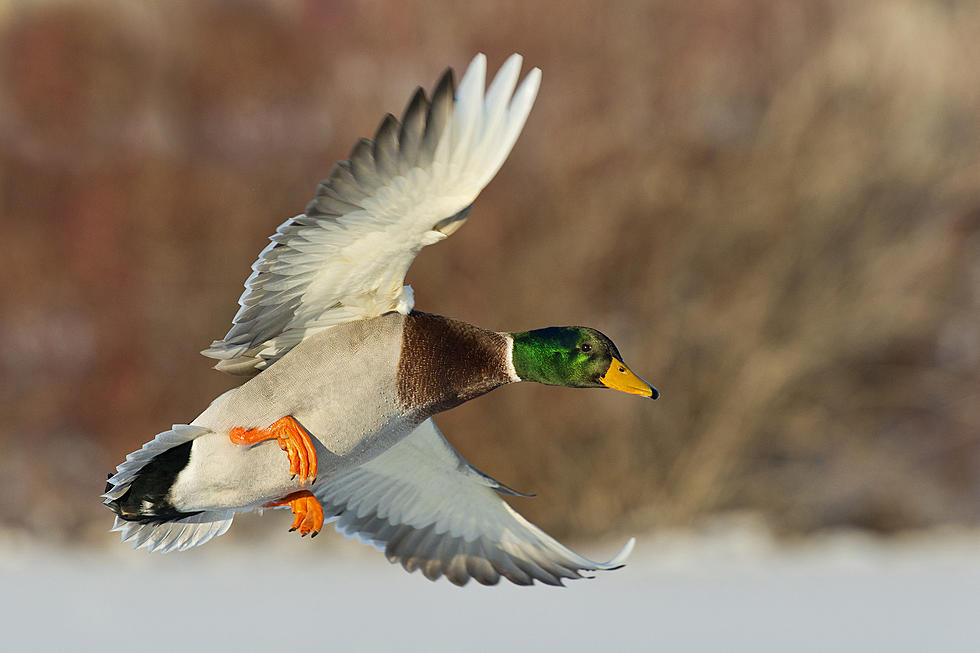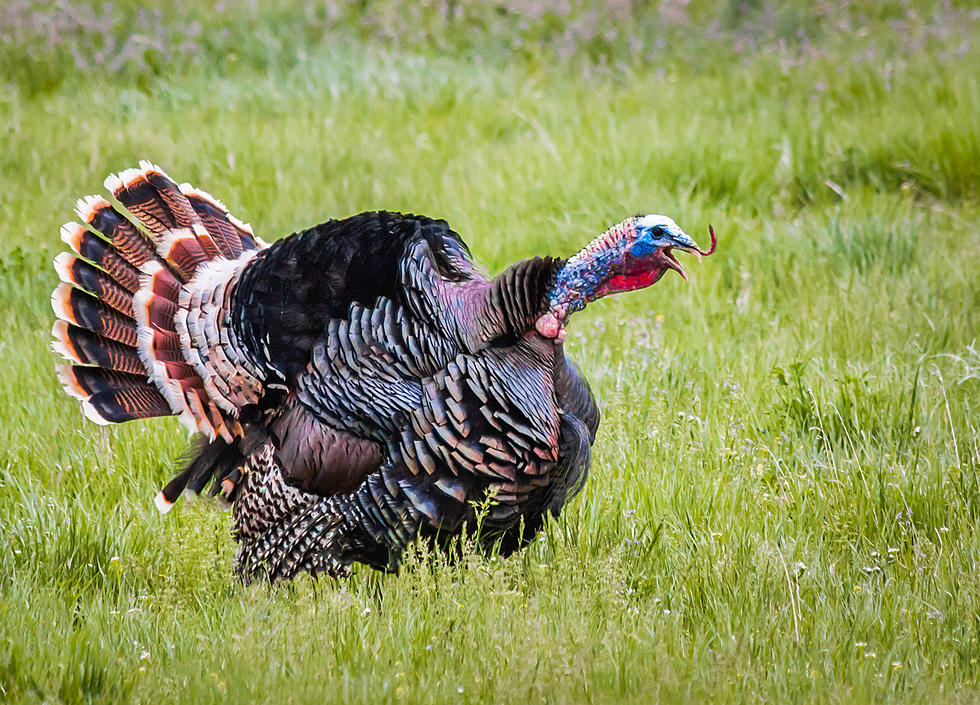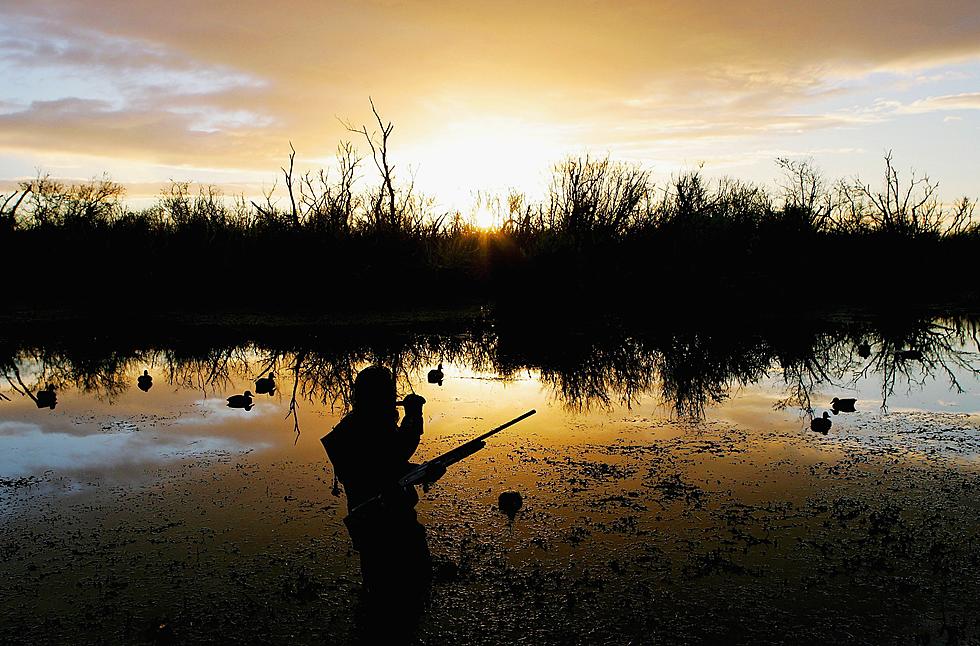
Louisiana Bird Flu Outbreak: Are Wild Ducks Safe to Eat?
The Louisiana Department of Wildlife and Fisheries says that for the second consecutive year, Avian Influenza, or "Bird Flu" has made its way to the Bayou State.

According to LDWF, the disease, H5N1 Highly Pathogenic Avian Influenza, started last year with the arrival of infected migratory waterfowl to Louisiana and abated when they moved north in the spring of 2023. This year’s fall migrations have created a resurgence of HPAI-induced waterfowl disease in Louisiana.
The Pan American Health Organization states that this virus causes serious illness in birds that can spread rapidly, resulting in high death rates in different species of birds.
Many different species of wild birds can be infected with HPAI. Geese and other waterfowl are particularly susceptible to HPAI and may exhibit neurological symptoms, which ultimately lead to the death of the bird. Scavenging raptors, including vultures, are also susceptible to the disease.
Although public health officials consider this strain of HPAI to be of minimal threat to humans, sick birds should not be handled. Additionally, as this disease is highly contagious to other wild birds and domestic poultry, sick birds should not be comingled with other birds.
The American Veterinary Medical Association states that infected birds will exhibit a number of signs including:
- Purple discoloration or swelling of various body parts.
- Nasal discharge, coughing, or sneezing.
- Lack of coordination.
Mammals are, for the most part, resistant to H5N1 HPAI but rare fatal infections have been documented in dogs, cats, foxes, black bears and even dolphins. It should be noted that while many waterfowl hunting dogs contact birds with HPAI, no dog infections have been reported in Louisiana. Contact between pets and birds showing neurologic signs should be avoided.
Wildlife rehabilitators should be careful not to bring potentially HPAI-infected birds into their rehabilitation facilities to prevent introduction and spread of the disease within the facility.
Clothing and other objects, or even seemingly healthy waterfowl, which may touch infected should be washed thoroughly and kept away from other birds, especially domestic poultry.
Sick birds should not be handled and no bird exhibiting signs of disease or found dead should be utilized for human consumption.
Sick or dead birds should be reported to regional LDWF: Hammond Office: 985-543-4777, Lake Charles Office 337-491-2575, Lafayette Office 337-262-2080, Minden Office 318-371-3050, Monroe Office 318-343-4044, Pineville Office 318-487-5885.
More information about HPAI may be found on the following websites:
https://www.cdc.gov/flu/avianflu/avian-in-birds.htm
https://www.fws.gov/avian-influenza
10 Unique Things Every House In Louisiana Must Have
Gallery Credit: Gary McCoy
More From KISS Country 93.7









